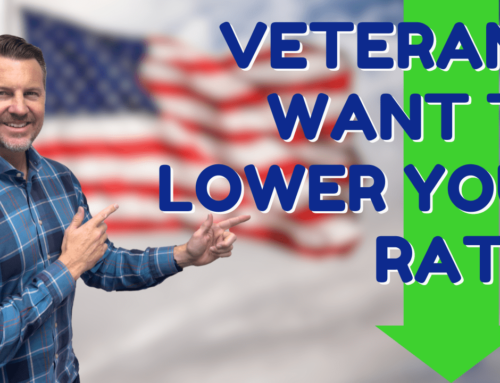Something that is conventional is often viewed as the best option for most, and a conventional mortgage lives up to this definition.
However, some people believe that conventional loans are only for incredibly qualified buyers with the best credit scores and large down payments. Because of these perceptions, some homebuyers lean toward FHA loans because they think they won’t qualify for a conventional loan. In many cases, this is simply not true.
What’s the Difference Between Conventional and FHA?
On the most basic level, an FHA is guaranteed and backed by the Federal Housing Administration, whereas conventional loans are not.
Conventional and FHA Myths
Myth #1: Choosing FHA is the only loan option with a low down payment.
False. While FHA guidelines allow for as little as 3.5% down, that doesn’t mean that there aren’t low down payment options with conventional loans. In fact, the minimum down payment requirement for most conventional loans is only 5%.
Myth #2: You need a fantastic credit score for a conventional loan.
False. While you do need at least a relatively good credit score to qualify for a conventional loan, that number may not be as high as you think. Some people think that anything less than an excellent credit score won’t qualify you for a conventional loan, when in fact a good or even average score can still qualify you for great loan terms. If your credit score is not where you’d like it to be, there are several things that you can start doing today to improve your score quickly and easily.
Myth #3: FHA loans are the easiest to qualify for, so it’s the best option.
Maybe false. While it’s true that FHA loans do offer low down payment options and lower closing costs, there are some downsides to choosing one, especially if you can qualify for a conventional loan with better terms.
Both conventional and FHA loans require some form of mortgage insurance if you are putting less than 20% down, so there’s no way to avoid this with either loan type. Furthermore, FHA loans require mortgage insurance for the life of the loan, whereas conventional loans only require mortgage insurance until you have 20% equity in the home.
Talk to Your Lender
Generally speaking, most buyers can qualify for a conventional loan if they have good credit, a stable income, and have a decent down payment to contribute.
In any case, the best option is always going to involve you speaking to a lender who is willing to answer your questions and help you explore all your options. With a quick look into your finances and situation, we will be able to determine which loan type makes the most sense for you and your future home.
Give us a call at 321-265-4000 today to speak with a loan officer, or simply apply online to get started.








